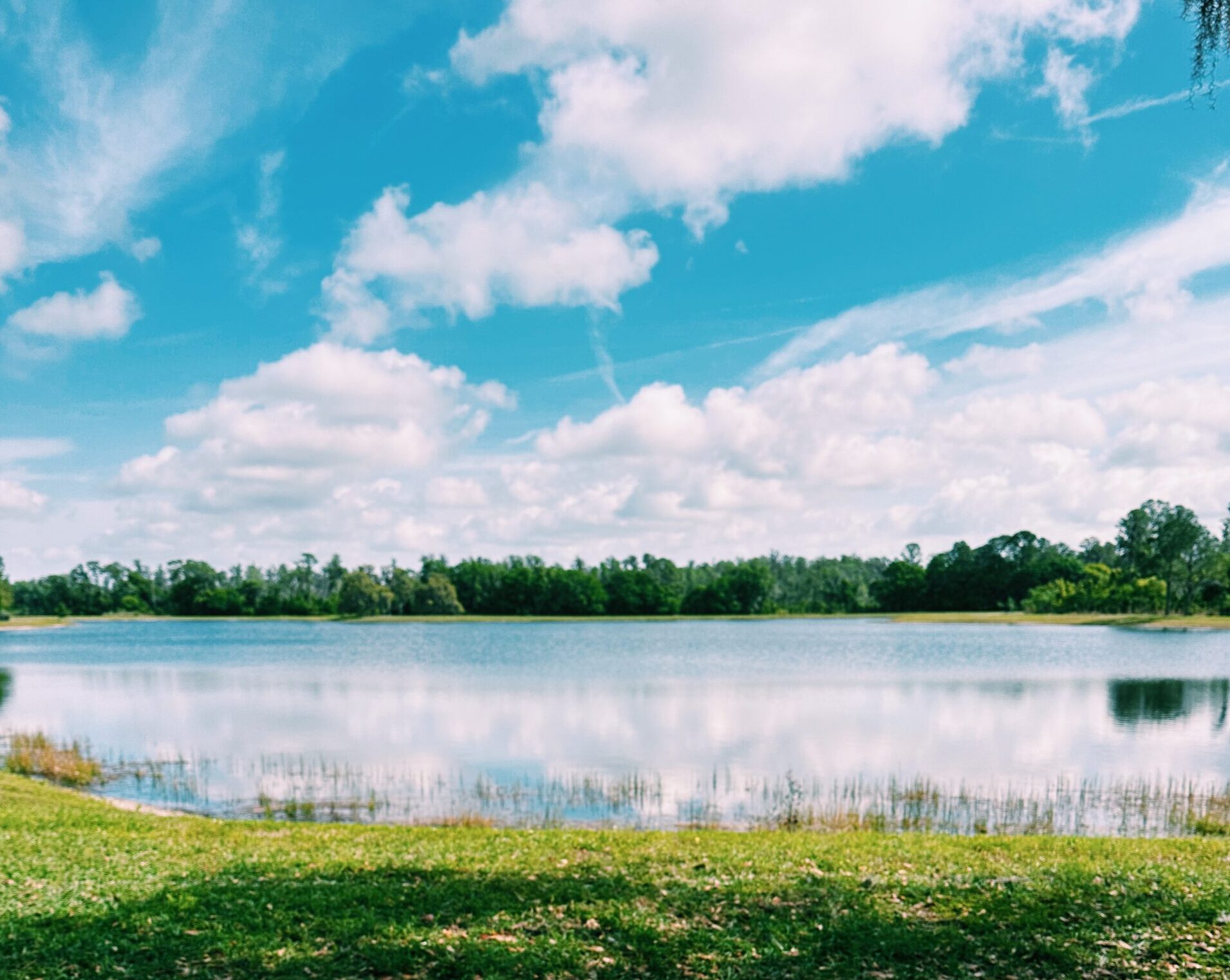‘I remember to think about the many things you did in years gone by. ‘
Psalm 143:5
Within one 24 hour period, you will forget 70% of all the new information your brain receives.
Within a week, that percentage increases to over 90%.
It seems we are wired to forget.
And in some ways, that makes sense, right? The world is full of information and our brains can work best when there’s pattern recognition, batching assumptions about our reality so that we can actually function. I was on a run this morning and I started to notice all of the things I just assumed to be around me without ever fully taking in what’s all around me. Simply put, I know there is a patch of grass next to me, I don’t notice the blades of grass. These protections are in place to help from overloading; we can’t notice everything so we can focus on something.
Why, then, does it seem there are some things we cannot ever shake? For me to draw up a distant memory, the ones that litter the top layer of what I remember are ones of regret, disappointment and even trauma. The negative seems to leave impressions far quicker than I want them to and even color how I think I’m going to experience the world moving forward. These subconscious events take away my agency for the future informing a world that does not exist because of something that happened in the past. I fear a catastrophic, yet non-existent reality.
These thoughts happen without us even noticing sometimes. I have no real statistics on the frequency of this, but I feel like most of my life could be lived through unconscious responses to the negative things that have happened in my life because most of my thoughts are reactions to the challenging situations, conversations and consequences of my past.
Which again, for us makes sense. There is so much human history to account for within these impulses. For thousands of years, our negative recall has led to our survival as a species. It seems our nervous system is once again wired to remember these, however the line between survival instinct and self-destructive tendencies are blurry at best and in most cases our internal dialogue cannot tell the difference between the two. So much of our world is created to leverage our bodies’ innate response to conflict, hijacking systems we used to survive in a world where survival is far more guaranteed than it was even 100 years ago. Perceived threats are threats regardless and nuance is not something an untrained brain seems equipped to distinguish.
Maybe instead of being wired to forget, we have evolved a selective memory.
I would argue that we are created to remember.
It makes sense then why so much of the Scriptures we read are commands, pleas, and encouragements to “remember”, to “not forget”, to tell the stories of what God has done over and over again. The word “remember” is used 352 times in Scripture or 550 if you count the variants. What we know has to travel that long treacherous journey from our head to our heart and if we ingrain the goodness of God in our hearts, we don’t have to remember the things He has done for us. With every heartbeat, beats the goodness and greatness of our God. Our memories become woven into the fabric of our being eliminating the need for a potentially lightning fast negative recall for our survival; what He has done becomes who we are.
Self-preservation is great when you need to survive.
However, you are more than just unchecked impulses built to stay alive.
We get the privilege to remember all that He has done for us, how He’s always been with us. May your memories be an encouragement when you need to be strengthened, or motivation when you are stuck.

